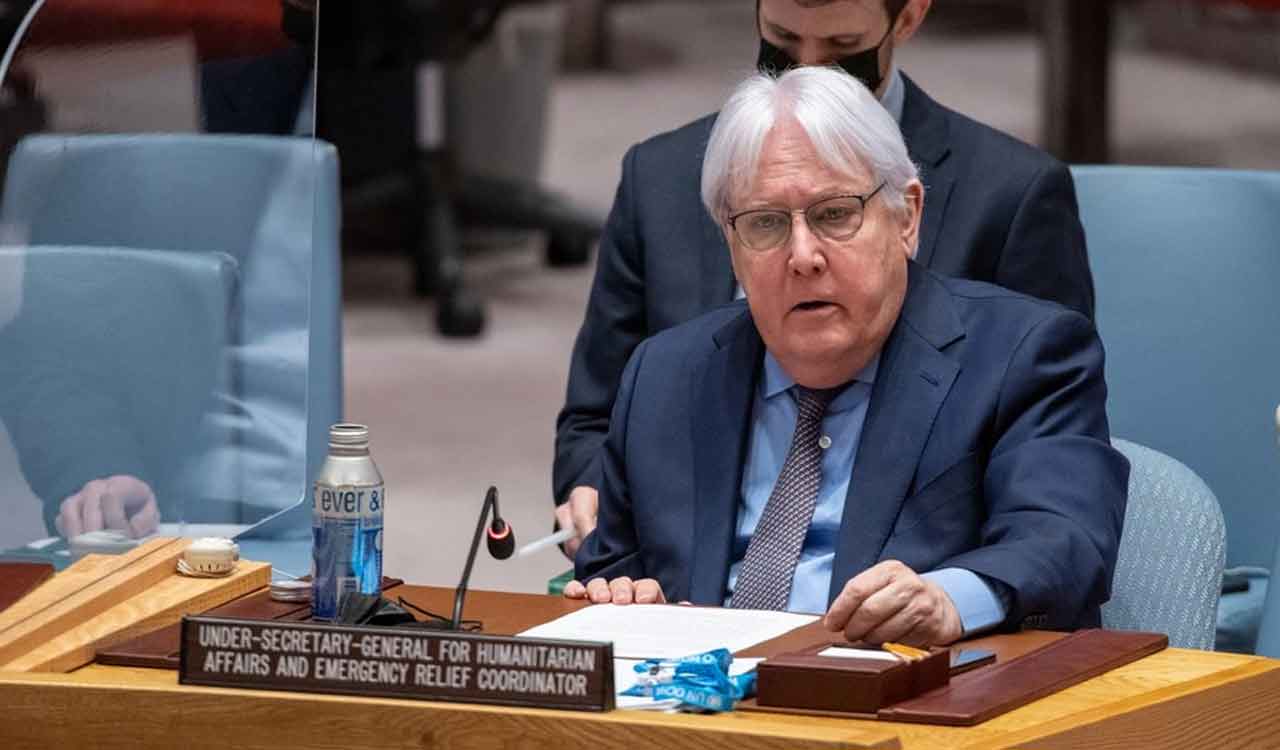According to OCHA, global humanitarian funding needs for this year have surpassed $55 billion, with less than 30 percent currently funded.
Updated On – 09:04 AM, Wed – 6 September 23

United Nations: UN humanitarians have said they allocated $125 million for underfunded relief operations in 14 countries worldwide.
UN Under-Secretary-General for Humanitarian Affairs Martin Griffiths, who is also the UN’s relief chief, authorised the allocation from the Central Emergency Response Fund (CERF) for operations in Africa, Asia, the Americas and the Middle East, said the UN Office for the Coordination of Humanitarian Affairs (OCHA) on Tuesday.
This year’s global humanitarian funding requirements have shot past $55 billion and is less than 30 per cent funded, according to OCHA.
“It is a cruel reality that in many humanitarian operations, aid agencies are scraping along with very little funding right at a time when people’s needs compel them to scale up,” Griffiths said.
“Thanks to the generosity of a vast range of donors, we can count on CERF to fill some of the gaps. Lives are saved as a result. But we need individual donors to step up as well — this is a fund by all and for all.”
OCHA added the funding supports 250 million people affected by conflict, the climate impact, natural disasters, disease outbreaks, displacement and other crises, Xinhua news agency reported.
“With this additional funding, CERF has allocated a record $270 million so far this year through its Underfunded Emergencies window,” OCHA said.
“This is the largest annual amount ever allocated, to the highest number of countries, a reflection of skyrocketing humanitarian needs.”
The CERF allocation, OCHA said, will help scale up humanitarian assistance in some of the world’s most protracted and neglected crises: Afghanistan and Yemen ($20 million each), Burkina Faso and Myanmar ($9 million each), Haiti and Mali ($8 million each) and will also support refugee operations in Bangladesh ($8 million) and Uganda ($6 million).
OCHA said funds also will go to Venezuela ($8 million), the Central African Republic and Mozambique ($6.5 million each), Cameroon and the Occupied Palestinian Territories ($6 million each), and Malawi ($4 million).




